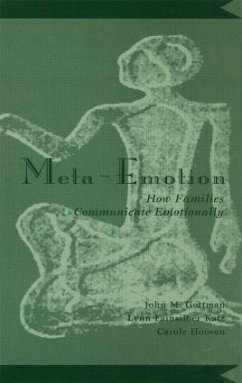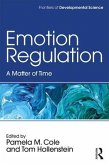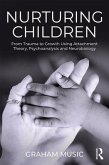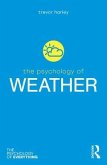This book describes research on the emotional communication between parents and children and its effect on the children's emotional development. Inspired by the work, and dedicated to the memory of Dr. Haim Ginott, it presents the results of initial exploratory work with meta-emotion--feelings about feelings. The initial study of meta-emotion generated some theory and made it possible to propose a research agenda. Clearly replication is necessary, and experiments are needed to test the path analytic models which have been developed from the authors' correlational data. The authors hope that other researchers will find these ideas interesting and stimulating, and will inspire investigation in this exciting new area of a family's emotional life.
"Comprehensive...the book will be of interest to graduate students and professionals."
CHOICE
"Qualitative examples and end-of-chapter summaries usefully clarify this work's main statements. The major contribution of the meta-emotion construct is that it tackles challenging issues in the closely interconnected fields of child development and family functioning; this aspect alone merits serious attention from researchers and clinicians.
Readings
CHOICE
"Qualitative examples and end-of-chapter summaries usefully clarify this work's main statements. The major contribution of the meta-emotion construct is that it tackles challenging issues in the closely interconnected fields of child development and family functioning; this aspect alone merits serious attention from researchers and clinicians.
Readings
"Comprehensive...the book will be of interest to graduate students and professionals."
CHOICE
"Qualitative examples and end-of-chapter summaries usefully clarify this work's main statements. The major contribution of the meta-emotion construct is that it tackles challenging issues in the closely interconnected fields of child development and family functioning; this aspect alone merits serious attention from researchers and clinicians.
Readings
CHOICE
"Qualitative examples and end-of-chapter summaries usefully clarify this work's main statements. The major contribution of the meta-emotion construct is that it tackles challenging issues in the closely interconnected fields of child development and family functioning; this aspect alone merits serious attention from researchers and clinicians.
Readings









